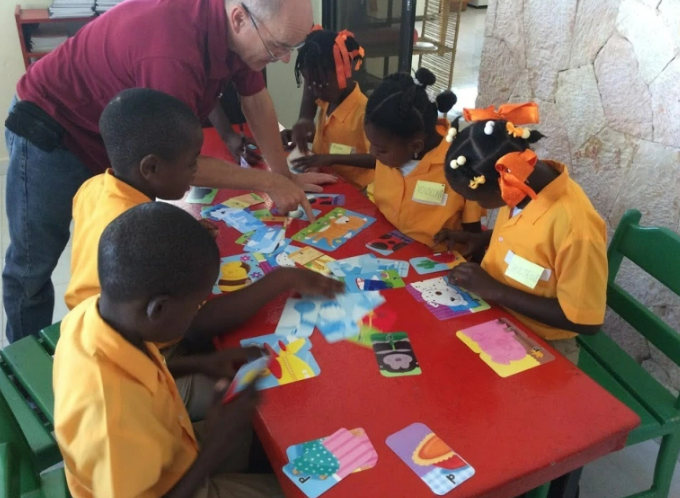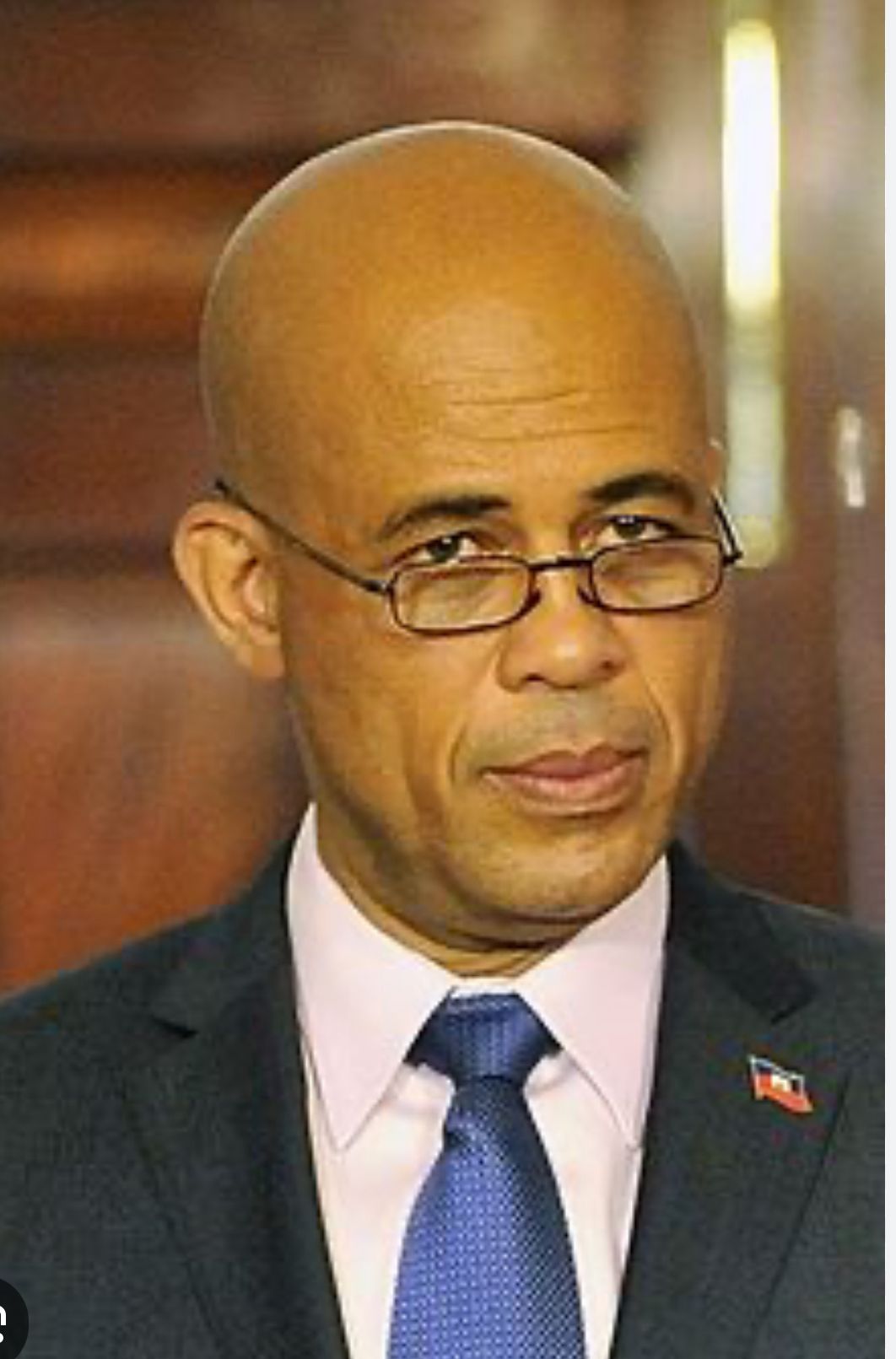|
Getting your Trinity Audio player ready...
|
TRUENEWSBLOG – As a schoolchild in Haiti in the 1970s, I was forbidden to speak my mother tongue, Haitian Creole, which we Haitians call Kreyòl. If I disobeyed, a teacher would remind me with the sharp smack of a ruler across my hand.
Kreyòl, which emerged from the contact among French and African languages on colonial plantations, is the only language spoken by all Haitians. But the nation’s education system discriminates against it in favor of French, which is spoken by at most a tenth of the population. Kreyòl-speaking children are subjected to myriad classroom humiliations, including in at least one school a sign that says, “I have to always express myself in French. Otherwise, I am the gorilla of the class”.
Discrimination against Kreyòl starts in schools, but it does not stop there. “The Ransom”, an investigation into the staggering debt that France imposed on its former colony, was published by The New York Times in English, French and Kreyòl. Two of Haiti’s main newspapers, Le Nouvelliste and Le National, ran excerpts — in French only. Haitian courts conduct trials in French, to the detriment of the many plaintiffs and defendants who do not speak it. Even UNESCO, which declares its commitment to local cultures and languages, favors French on its website and social media in Haiti.
These attacks on my language are a legacy of the French colonial design for Haiti’s impoverishment, which continues, centuries later, to drain us as a nation. In 1825, King Charles X imposed a ransom of 150 million francs in exchange for recognition of Haiti’s independence. Soon after, Gaspard Théodore Mollien, a French diplomat, called for the imposition of French values on Haitian education. The goal was to make Haitians dependent on France, from their economy to their culture to the very words they spoke.
Haiti’s latest political turmoil is the most recent consequence of the nation’s tragic history, which also includes the US occupation in the early 20th century. The current crisis makes the promotion of Kreyòl all the more urgent.
The country cannot escape its impoverishment and its dangerous political instability unless all children have access to quality education.
Countries whose school systems exclude students’ native languages correlate closely with those that have the lower national development, and the World Economic Forum rates Haiti among the lowest of all in terms of education and innovation. No more than 10 percent of its students who enter primary school manage to graduate from high school, roughly the same percentage of Haitians who have some fluency in French.
When I was a schoolchild at the prestigious Institution Saint-Louis de Gonzague in Port-au-Prince, my teacher of French and Haitian literature, a French Catholic brother, had us memorize texts that taught us to despise Kreyòl as a worthless language. I was also made to write hundreds of lines saying “I will never speak Kreyòl again”. Some parents and teachers even make children scrub their tongues with soap, lemon and vinegar to metaphorically wash away the Kreyòl.
In 1982, a decree known as the Joseph Bernard Reform promised change. It required that Kreyòl be the language of instruction for the first 10 years of schooling and sought to make French a second language of instruction in the sixth year. That would have given Haitian students a chance to function in both languages while prizing their national identity. But for the past 40 years, this decree has largely been either ignored or misinterpreted.
Haitian education has suffered across every academic subject — even French, in which the adults at the front of the classroom may be only marginally more proficient than the students in the seats. Many teachers use their native Kreyòl to approximate a narrow range of French sentences that they have simply memorized by rote.
On October 2014, Michel Martelly, the Haitian president at the time, asked then President François Hollande of France to send retired French teachers to Haiti to help rebuild “the Haitian mentality and the Haitian man”. The next year, Mr. Hollande pledged to repay France’s so-called moral debt to Haiti, in part by investing in its educational system and more fully honoring its place as a Francophone nation. As recently as last year, experts at the Ministry of National Education and Vocational Training, with help from the French Development Agency, produced a curriculum guidance framework for the Haitian education system that would make French the sole language of instruction from the fifth year onward.
I consider the description of Haiti as the poorest nation of the Western Hemisphere to be a gross misrepresentation; Haiti is, rather, the nation most impoverished by the effects of white supremacy. The emissary of Charles X imposed an insurmountable financial ransom, but the French educational model, a supposed war bounty, was every bit as brutal: a linguistic ransom, a powerful tool for mental colonization.
Haiti’s French-speaking elites, who have enforced that mandate, have always lived as far away as possible — geographically, socially, culturally, religiously and linguistically — from the majority Kreyòl-speaking population. They have never created a system to adequately teach French to those who did not grow up speaking it. Instead these Haitian elites favor teaching in French — an option that’s guaranteed to multiply the privilege they already enjoy and to ensure that most of their fellow citizens cannot share it.
Financial remedies for these overwhelming historic injustices still seem like a distant prospect, but in terms of cultural remedies, Haitians at last have some hope. Haiti’s minister of education, Nesmy Manigat, recently announced that Kreyòl should serve as a language of instruction throughout primary and secondary education. French would be taught as a second language in the early grades, then used as an additional language of instruction soon after.

Mr. Manigat is also advocating the teaching of English and Spanish starting in middle school. The new direction is meant to valorize students’ language and identity, healing them from the colonial wounds of the past and equipping them for academic success and further education.
These curricular changes are necessary, though not sufficient. Haitian officials also need to ensure that teaching and course materials at all levels include student-centered, active-learning pedagogy, to nurture generations of Haitian children and instill solidarity and pride through a language that honors their history, their identity and their prospect as a nation.
Unshackling Haitian minds and society from centuries of linguistic discrimination is the first step to help Haiti overcome the disastrous consequences of its colonial and neocolonial history.
——————————
Michel DeGraff is a professor of linguistics at M.I.T. With Prof. Haynes Miller at M.I.T., he directs the M.I.T.-Haiti Initiative for the promotion of active-learning and Kreyòl in Haitian education; he is also a founding member of the Haitian Creole Academy and a fellow of the Linguistic Society of America.
This Article was originally published in the New York Times.






